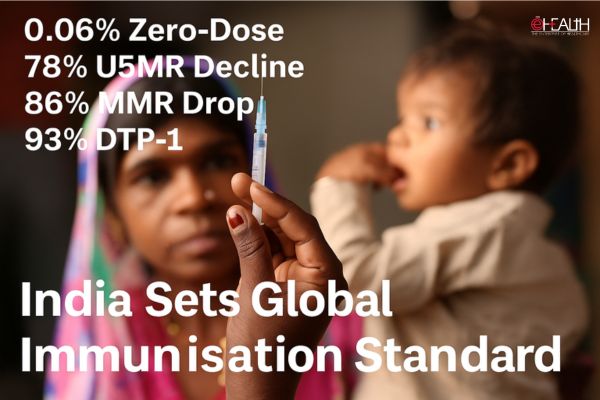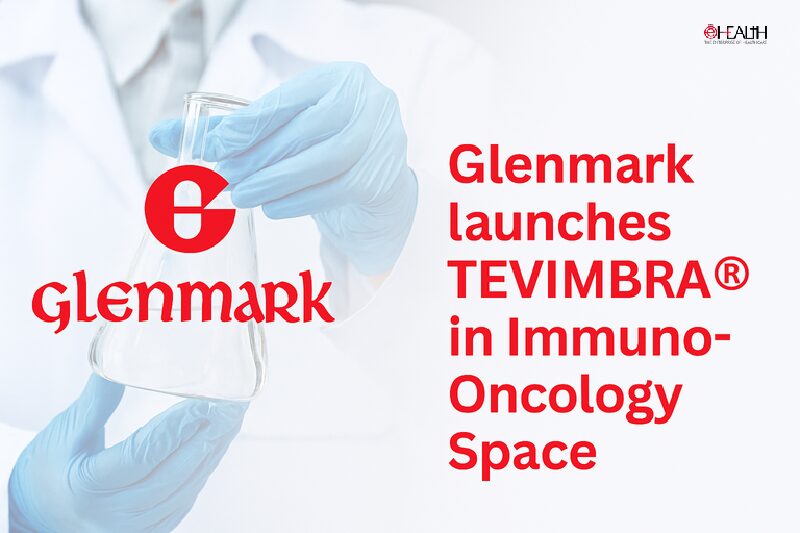The commission has also recommended a GPS based sample collection systems and online applications for licensing
New Delhi: The Planning Commission has recommended introduction of e-Governance systems in pharmaceutical sector to inter-connect all licensing and registration offices and laboratories.

The panel has made this recommendation in the draft plan document for the 12th Five Year Plan period. It also recommended a GPS based sample collection systems and online applications for licensing.

The panel has also recommended for legislation for making mandatory code to identify and penalise unethical promotion on the part of pharmaceutical companies as part of the marketing of drugs.

The draft plan document will go for approval by the National Development Council (NDC) which will meet here on December 27.

“A repository of approved formulations at both State and national levels would be developed. The drug administration system would build capacity in training, and encourage self regulation,” the document said.
Pharmaceutical marketing and aggressive promotion also contributes to irrational use. There is a need for a mandatory code for identifying and penalising unethical promotion on the part of pharma companies. Mandated disclosure by Pharmaceutical companies of the expenditure incurred on drug promotion, ghost writing in promotion of pharma products to attract disqualification of the author and penalty on the company, and vetting of drug related material in Continuing Medical Education (CME) would be considered, the draft plan document said.
To avoid medical conflicts of interest, legislation requiring drug companies to disclose payments made to doctors for research, consulting, lectures, travel and entertainment would also be considered, the Planning Commission said.
In another recommendation, it said the Ministry of Health and Family Welfare (MoHFW) may also encourage public and patient education in the appropriate use of drugs, particularly antibiotics and antimicrobials, since it would benefit individual patients and public health.
The MoHFW would ensure that irrational fixed dose combinations (FDCs) and hazardous drugs are weeded out in a time bound manner. Pharmacovigilance, post-marketing surveillance, adverse drug response monitoring, quality control, testing and re-uation of registered products would be accorded priority under drug regulation, it said.
In another proposal, it said that generic names or the International Non-proprietary Name (INN) would be made compulsory and encouraged at all stages of government procurement, distribution, prescription and use, as it contributes to a sound system of procurement and distribution, drug information and rational use at every level of the health care system.
Be a part of Elets Collaborative Initiatives. Join Us for Upcoming Events and explore business opportunities. Like us on Facebook , connect with us on LinkedIn and follow us on Twitter , Instagram.
"Exciting news! Elets technomedia is now on WhatsApp Channels Subscribe today by clicking the link and stay updated with the latest insights!" Click here!
















